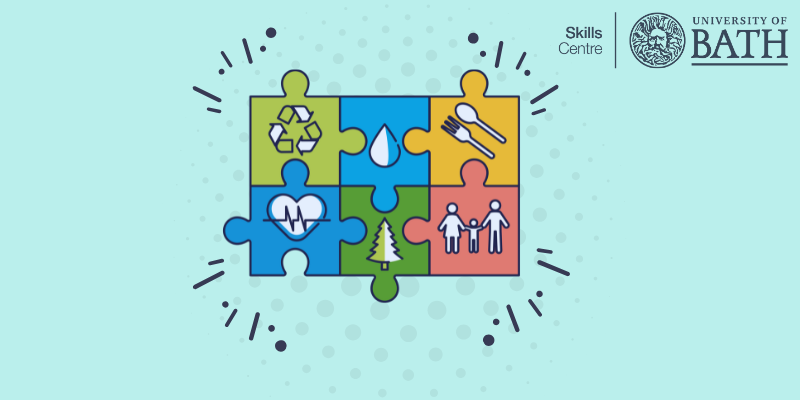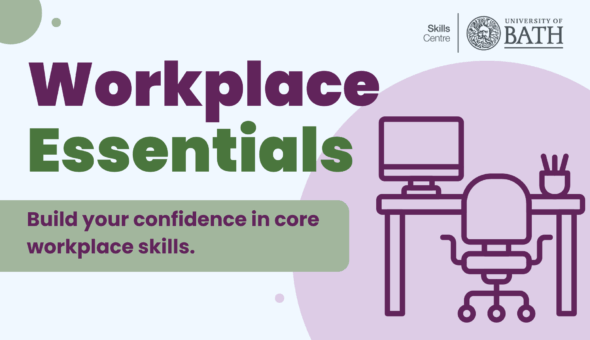Today, on the World Day for Safety and Health at work, we join the global community in recognising the importance of creating workplaces that are not only safe but also sustainable. We want to celebrate this day by encouraging you, our students, to think about your future careers through the lens of fairness, ethics, and sustainability.
Social sustainability in the workplace rests on three essential pillars: fair wages, safe working conditions and sustainable jobs. These pillars are fundamental not just for protecting workers, but for building a healthier, more equitable society. As you prepare to enter the workforce, your choices have the power to support and strengthen these ideals. Veolia UK is a strong example of an organisation committed to these principles while also working towards net zero. Recognised as one of the best places to work in 2024, Veolia fosters a safe and inclusive community, celebrates diversity, actively works to eliminate bias, and offers employees volunteering opportunities to be able to contribute to the greater good.
Choosing a responsible career path
Values of Ethical Employers: When considering your future employers, it is important to look beyond job titles and salary figures. Ethical employers are committed to providing fair wages that allow employees to live with dignity. They prioritise health and safety, ensuring that physical and mental well-being are treated as critical components of workplace culture. They also invest in being ethically responsible in all their decisions and creating sustainable job roles – roles that offer security, opportunities for development and contributions to wider societal well-being. Patagonia is a strong example of a company that exemplifies ethical working practices and being known for it’s commitment to environmental and social responsibility through a range of practices such as fair pay, maintaining high levels of transparency about its supply chain and actively encouraging employee activism and volunteering for environmental projects.
Finding Ethical Employers: As future professionals, you can play an active role by researching potential employers that are certified to meet high standards of social and environmental impact, ones that publish transparent sustainability reports, are accredited by recognised ethical standards, or have proven commitments to Equality, Diversity, and Inclusion. A good place to start is by looking for employers who align their business practises with the UN Sustainable Development Goals (SDGs), particularly Goal 8: Decent work and economic growth.
Developing Skills for a sustainable workforce
Aligning yourself to sustainable careers: To position yourself with socially sustainable careers, developing the right skills is key. Digital literacy, critical thinking and adaptability are essential for navigating the evolving demands of ethical and sustainable industries. Equally important are soft skills: communication, ethical reasoning, and understanding of global citizenship.
Where to begin: At university, you have opportunities to hone these skills through academic work, internships, volunteering and participating in initiatives (e.g., job opportunities at the University, SU committees) that promote social justice and sustainability. Seek experiences that allow you to understand responsible business practices and leadership styles that prioritise people and the planet alongside profit.
By making informed, ethical choices today - we can help shape a future where workplaces are not only safer, but fairer and more sustainable for everyone. This World Health Day for Safety and Health Work, we invite you to think critically about the kind of professional world you want to help build - and to equip yourself with the skills and values that will make that vision a reality.
Respond



